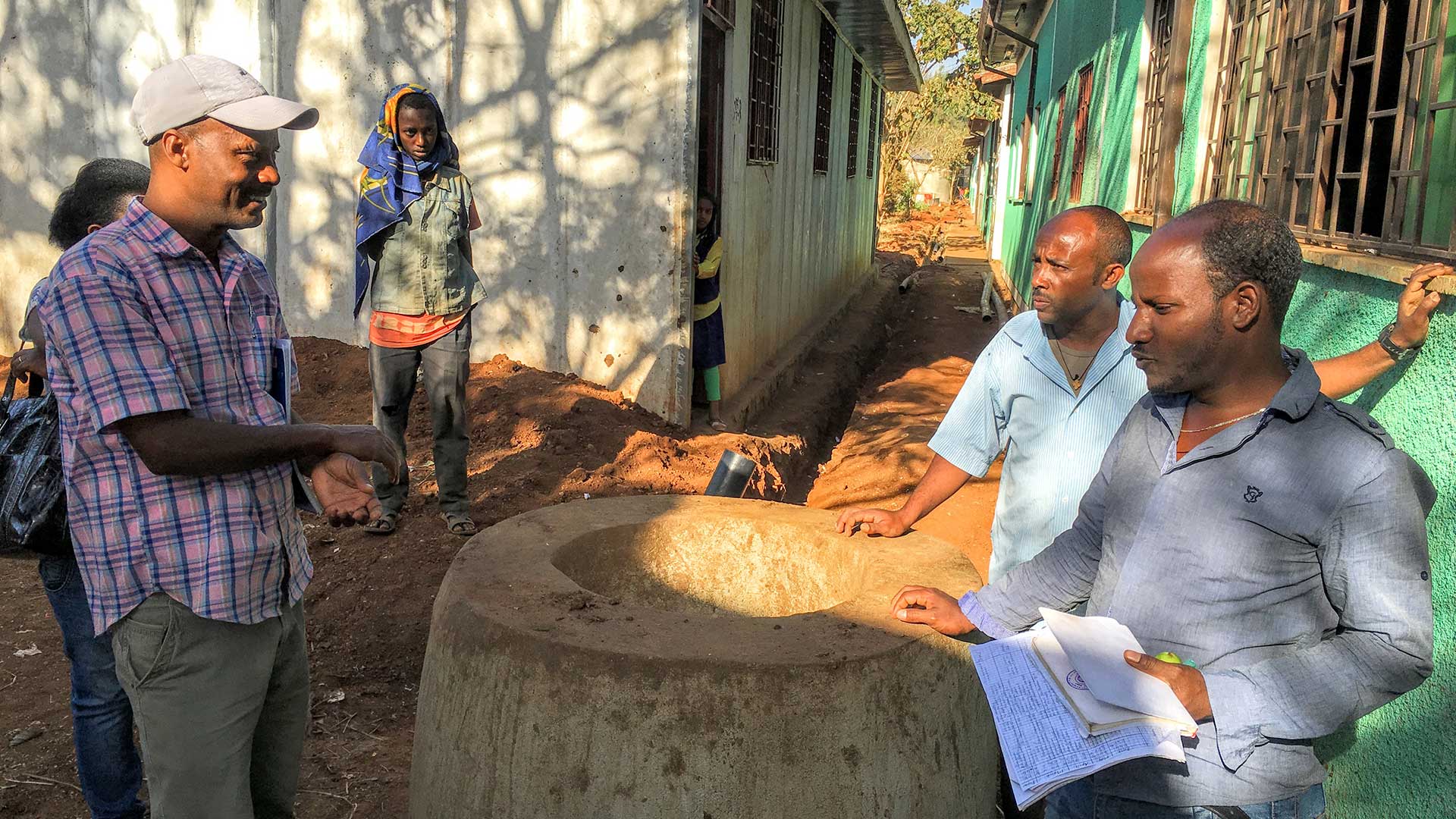In 2019, global youth powerfully expressed their concerns that not enough was being done to keep the planet’s ecosystems in balance. Those voices have been heard, plain and simple.
Environmental science is taught in schools using theory and laboratory sessions. This approach leaves a gap between school work and real life. In UNESCO Green Academies, students experience practical action and learn how they can contribute to improving their own living conditions. The first UNESCO Green Academy was inaugurated in 2016 in Ethiopia. Since then, UNESCO has put even more effort into environmental education. The Green Academies focus on practical and replicable action. The intersectoral initiative touches on biodiversity, climate, water and capacity augmentation via education for sustainable development. The Green Academies are simply arranged with a mix of puzzle pieces that, when put together logically, will provide climate resilience based on science and education. The initiative benefits from a multiplier effect by providing training and communicating knowledge from schools to communities, so that large numbers of people will learn and apply their new skills. We encourage all schools to modify their buildings and premises as Green Academies.
Climate change is real and climate resilience is a global issue that needs local communities’ involvement. Recently youth worldwide visibly demonstrated to governments and the United Nations the urgent need to do more on climate change in order to protect their future. It is time to take action based on the scientific knowledge that is currently available. UNESCO Green Academies will provide environmental knowledge and climate-resilience skills to achieve this goal.
UNESCO Green Academies engage young people and their communities to transform existing buildings, for example schools, into climate-resilient structures, equipped with simple, affordable and replicable changes.
Green Academies foster active youth participation to achieve a sustainable lifestyle in their schools feeding back into their communities. Students will be empowered to identify their specific needs, focusing on four pillars: Water security, Clean energy, Biomass production and Waste management. Students, together with their teachers, will develop and implement their own “Sustainability Plan”.
The Natural Sciences Unit at UNESCO Bangkok promotes UNESCO Green Academies in Asia-Pacific. Our prime focus is on schools located in cities as well as in UNESCO Biosphere Reserves in the following countries: Cambodia, Lao PDR, Myanmar, Singapore, Thailand and Viet Nam. We also suggest the UNESCO Associated School Network (ASPnet) make use of these guidelines. Since climate change is a global issue, any educational institution (kindergartens, schools, colleges and universities) and other buildings worldwide can be retrofitted as prescribed in these guidelines to enhance their climate, biodiversity, water and waste footprints. These guidelines are globally applicable. As a matter of fact, the Natural Sciences Specialists in several UNESCO field offices, including Bangkok, Beijing, Brasilia, Cairo, Jakarta, Kingston, Nairobi, New Delhi, San José, and Venice have started a discussion on ‘UNESCO Green Academies’ as an inter-regional activity in support of UNESCO Biosphere Reserves, and using the momentum of the ‘Open Sciences’ to foster the involvement of the youth and the general public. Eventually, every Visitors Education and Interpretation Centre of UNESCO sites, and as many schools as possible should embrace the guidelines, or parts of it, of the UNESCO Green Academy concept.


